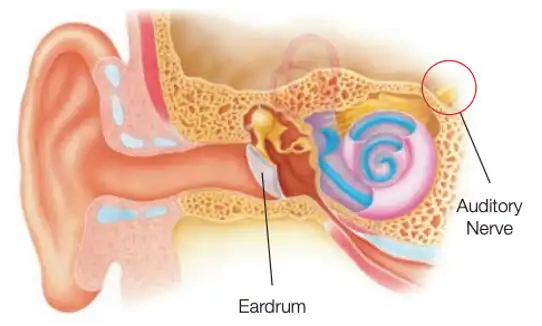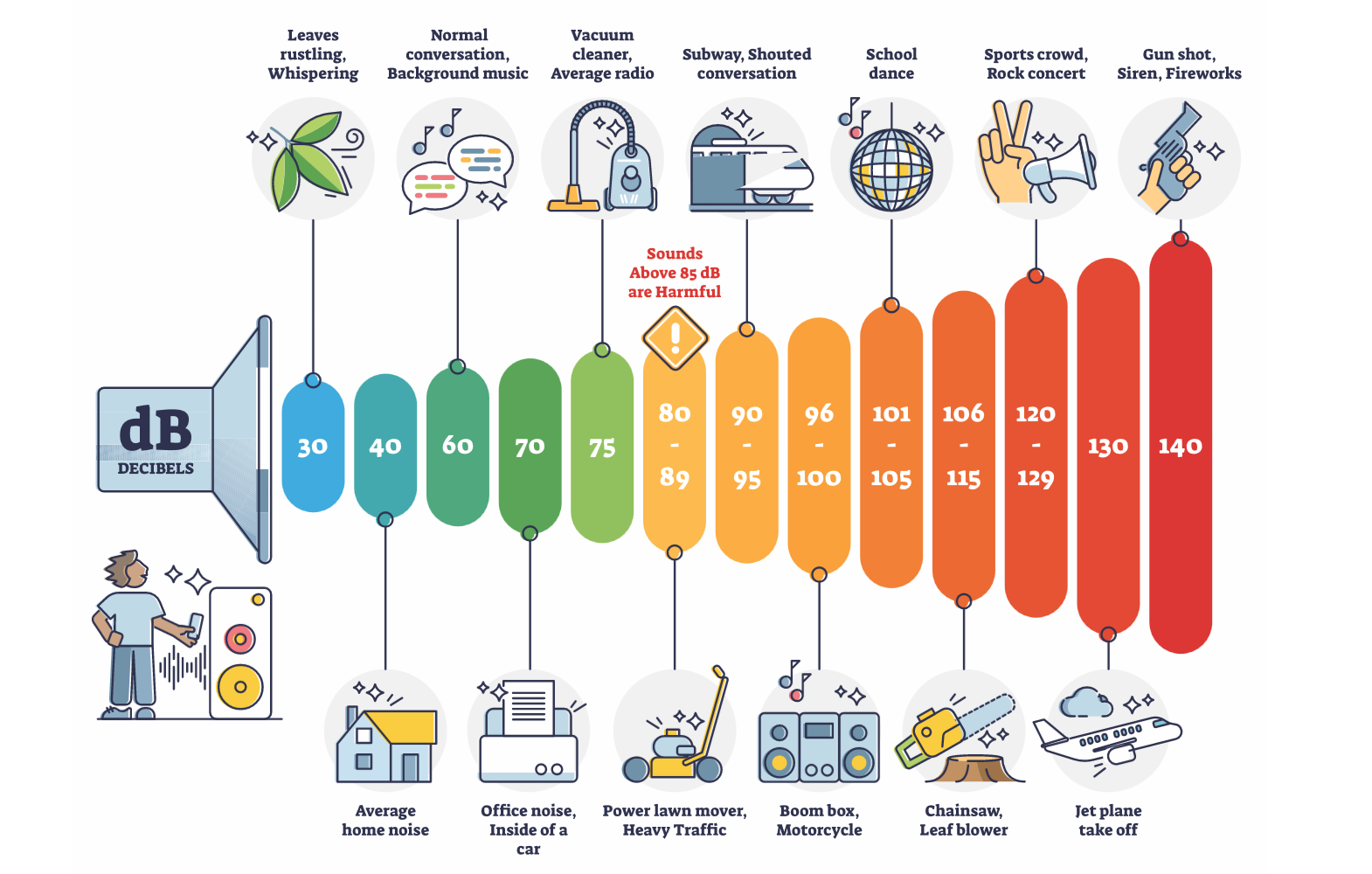Researchers have found that individuals with untreated hearing loss are at a significantly higher risk of developing dementia compared to those with normal hearing. In fact, studies suggest that the risk of dementia may increase by as much as fivefold in individuals with severe hearing impairment. What’s more, some studies have been beginning to show that hearing loss is the #1 risk factor for dementia. But how exactly does hearing loss lead to cognitive decline?
Read MoreIn recent years, the connection between hearing loss and dementia has presented itself in numerous ways to hearing care and healthcare professionals. While they may seem unrelated at first glance, research suggests a compelling relationship that points to the importance of addressing hearing health for overall cognitive well-being.
Read MoreOne of the most profound areas where hearing loss exerts its influence is in our relationships. Whether it’s with partners, family members, or friends, the ability to communicate effectively forms the foundation of healthy relationships. And more than being able to hear our loved-ones clearly, it’s just as important that our loved-ones know they are being heard. Relationships are a two-way street, after all, and when communication becomes strained due to hearing loss our loved-ones can be affected just as much as you!
Read MoreWhen it comes to protecting your hearing, a quick and painless hearing test performed once a year can make a world of difference. It’s easy to take our hearing for granted, but healthy hearing enriches our connection with others, our overall health, and our everyday lives. Below are five standout reasons to consider the benefits of an annual hearing test!
Read MoreThere must be love in the air, because lately I’ve found myself reflecting on the profound impact that hearing health has on our relationships. And whether romantic or not, this Valentine’s Day serves as a poignant reminder of the vital role that our sense of hearing plays in fostering these relationships, leading to meaningful connections with those we hold dear. So, in the spirit of Cupid and his heart-shaped arrows let’s show our ears some much-deserved love this Valentine’s Day!
Read MoreAn apple a day, more laughter, and…hearing aids? A recent study suggests that hearing aids can significantly impact your longevity, something that we at Beltone have seen firsthand over our 80 years in treating hearing loss. What’s more, most of the 40 million adults with hearing loss are not using hearing aids! Both the hearing and health benefits received from hearing aids are undeniable, and now a groundbreaking study is one step closer to proving it.
Read MoreWhile many of us await the holidays in eager anticipation, for some the festive season can be a time of increased isolation and loneliness, particularly for those dealing with untreated hearing loss. Forced isolation, coupled with the challenges of impaired hearing, can amplify feelings of frustration, and contribute to mental health issues. In this blog post, we’ll explore the connection between holiday depression, isolation, and hearing loss, and discuss strategies to break the silence and rediscover the joy of the season.
Read MoreMuch like learning a second language, or keeping your tennis stroke consistent, there are some things in life that need a bit more regular-use than others to stay in shape. We’ve all heard the phrase, “Use it or lose it!”, and when it comes to your hearing, that’s exactly what can happen when hearing loss is left unchecked.
This blog will detail a condition called Auditory Deprivation that can result from prolonged neglection of a hearing loss, and although we can’t help keep your forehand in play, we can certainly spare you from the negative impact this condition can have on your quality of life.
Read MoreThe holiday season is a time for joy, celebration, and gathering with loved ones. However, for those with hearing loss, these festive occasions can present unique challenges. In this blog post, we’ll explore some practical tips for handling holiday gatherings with hearing loss, ensuring you can fully participate in and enjoy every merry moment.
Read MoreHow loud is too loud?
Our everyday lives are full of noise, some of which has the ability to damage our hearing. And because our hearing is a depreciating-only asset, it’s incredibly important to protect and maintain what we’ve been given!
The volume of noise is measured in decibels (dB), and our ear anatomy begins to show signs of damage when exposed to sounds 85 dB or higher. To put this into perspective, average home noise such as cabinets closing, footsteps, background TV or music, etc., all live within the 40 – 60 dB range. When you head outside to mow your lawn, your lawn mower can reach decibels within a range of 80 – 89 dB!
Read More









